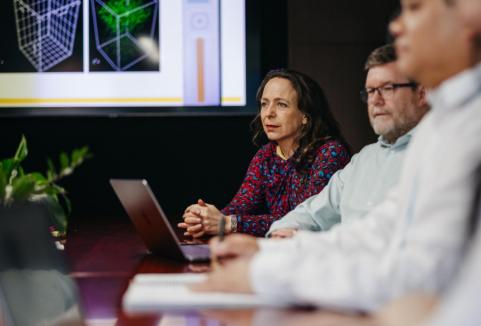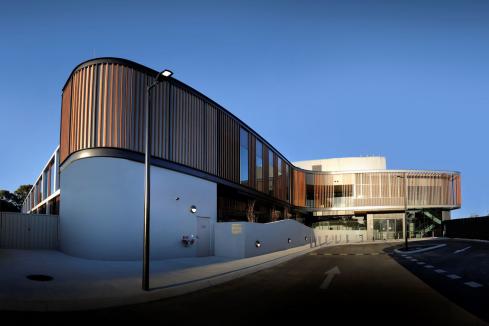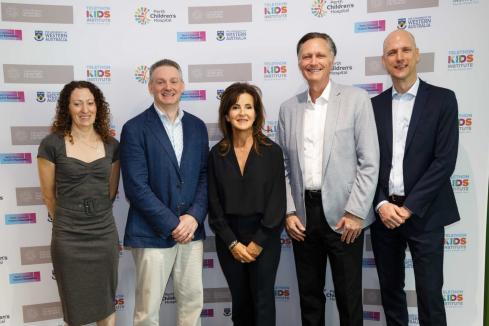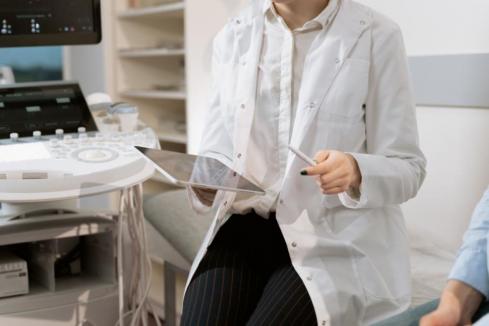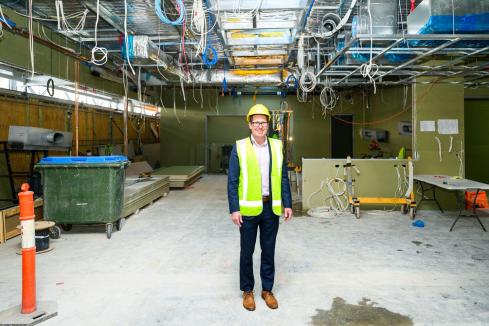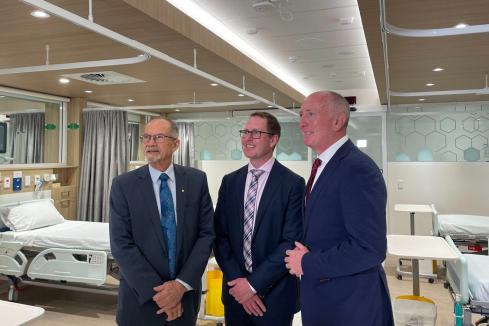
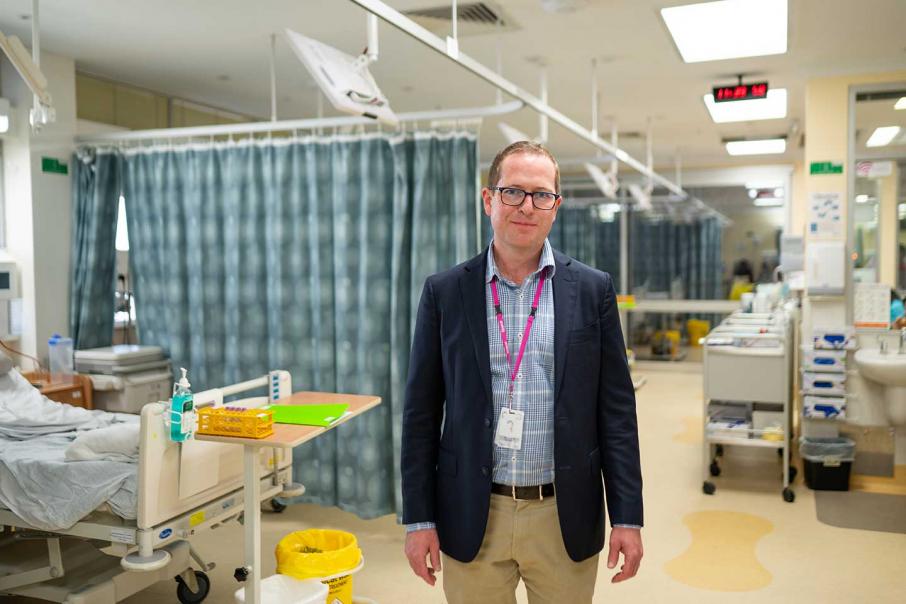
It is no secret that WA is currently battling severe talent shortages – and the problem is particularly prevalent across the healthcare industry, with the availability of medical practitioners a nation-wide problem.
At Linear, we have had to innovate in the ways that we attract and retain doctors since before the pandemic. Given that the epicentre for clinical research lies in the US and Europe, a long way away from WA’s resource-focused economy, it has always been imperative that we approach recruiting talent differently.
Having undergone rapid growth to become a leading provider of early phase clinical trials for global biopharma, Linear has had to think creatively and invest in developing a world-class medical team to oversee our medical trials. This involves drawing doctors from many parts of the world, with a broad range of training, ultimately interested in helping discover the latest medical breakthroughs.
Finding and developing that talent is crucial not only for Linear, but the medical community as a whole and the wider population, as they have the capacity to do life-changing work. There is no better example than Linear’s Associate Medical Director, Dr Lara Hatchuel, who oversees Linear’s early phase clinical trials.
Hailing from South Africa, Dr Hatchuel has long held an interest in research. Having trained at the University of the Witwatersrand, she spent five years in clinical medicine before relishing the opportunity to work in a late phase clinical trial facility. It was over the next five years that her passion was born.
“I was privileged to be able to change the lives of my patients with novel medications and witness remarkable improvements in their health,” said Dr Hatchuel.
“Patients with debilitating conditions had exposure to cutting edge and leading therapeutics that ordinarily they would never have been able to access. I knew then that I wanted to pursue a career in clinical research. ”
Dr Hatchuel moved to Australia in 2017 because of the chance to head up Linear’s internal medical team which at that time comprised just over three people. The team has since doubled in size to over eight doctors, hailing from countries such as South Korea, Colombia, the Philippines, Malaysia and South Africa.
Whilst the current closed borders present widespread challenges for healthcare organisations, Linear’s worldwide reputation and the novel work conducted at its QEII facility has allowed it to attract high-level medical talent.
“One of the most exciting aspects of working in clinical research is practicing at the forefront of medicine every single day,” said Dr Hatchuel.
“We are able to work with exciting scientific breakthroughs that will hopefully impact the lives of patients globally. ”
Dr Hatchuel was recently the Principal Investigator on a leading COVID-19 vaccine trial that ran its phase 1 program entirely at Linear.
“This is a once-in-a-lifetime opportunity to be able to contribute to the fight against this global pandemic from Perth,” she said.
Top left: haematologist, Professor Chan Chea Top right: medical oncologist, Professor Michael Millward Bottom left: Jayden Rogers, Linear's CEO Bottom right: Dr Lara Hatchuel, Linear's Associate Medical Director
Another example of our innovative approach to recruitment is our fully-accredited resident medical officer (RMO) rotation program that sees graduating doctors at Sir Charles Gairdner Hospital have the opportunity to do a 10-week rotation at Linear.
To our knowledge, this is the only program of its type in Australia and has seen 16 doctors go through the program. This is vitally important as it not only gives us another set of helpful hands, but also helps embed the importance of clinical trials throughout the wider medical network as many of these doctors go off to work at hospitals and services across Australia.
We have established a unique 12-month oncology and haematology fellow program as part of our cancer trials unit, one of the most active in the region. The new cancer therapies in the pipeline are revolutionary in their workings. From immunotherapy to precision medicine, to cellular therapy, trials not only provide new treatments but a glimpse into the future of medicine.
The advanced training program we’ve set up to cater to this research is one of the few in the region and attracts international candidates. Overseen by globally-renowned pioneers in the field, Medical Oncologist Professor Michael Millward and Haematologist Professor Chan Cheah, the fellow roles are helping embed the latest trial opportunities into everyday practice. This also builds local capability for WA Health as the fellow roles can support clinical delivery within WA’s public health system.
So, what does this all mean, not just for Linear but for the broader economy of WA? It is vital that skilled migration programs are designed to not only help alleviate shortages, but also take advantage of our relatively COVID-free status to draw amazing talent into high-growth areas, such as the life sciences sector. We need to continue to implement creative partnerships across public and private sectors in healthcare. Our success working with SCGH is a great example of creating mutually beneficial solutions and career paths.
But these are short-term solutions to the border problems. Over the long run, the only way out is getting the majority of the population vaccinated and learning to live with the virus, which will involve the opening of borders so that we can continue to attract world-class talent.







